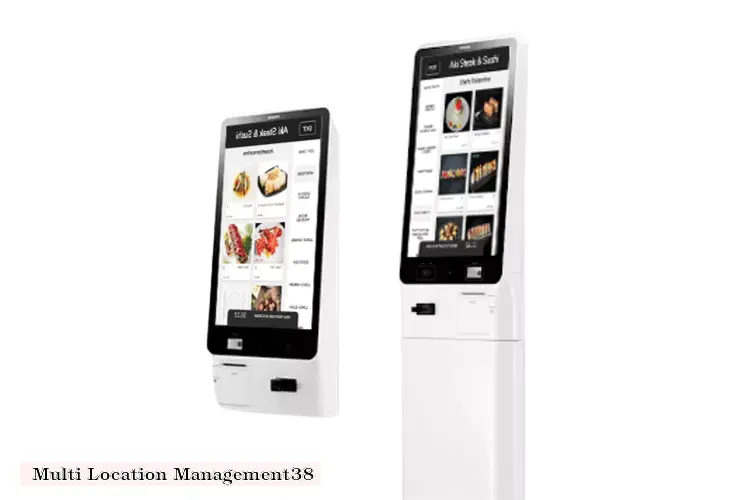

Introduction
In today's competitive restaurant industry, expanding to multiple locations can be a strategic move to increase revenue and brand recognition. However, managing multiple locations effectively presents unique challenges that require a well-defined strategy and operational framework.
Key Considerations
1. Site Selection:
2. Standardization and Consistency:
3. Centralized Management:
4. Staff Management:
5. Supply Chain Management:
6. Marketing and Promotion:
7. Financial Management:
8. Technology Integration:
Benefits of Multi-Location Management
Challenges of Multi-Location Management
Conclusion
Multi-location restaurant management requires a strategic approach and a commitment to operational excellence. By addressing the key considerations outlined above, restaurant operators can successfully expand their businesses and achieve long-term growth. Effective multi-location management enables restaurants to leverage the benefits of scale while maintaining the quality and consistency that customers expect.
DISCLAIMER: This information is provided for general informational purposes only, and publication does not constitute an endorsement. Kwick365 does not warrant the accuracy or completeness of any information, text, graphics, links, or other items contained within this content. Kwick365 does not guarantee you will achieve any specific results if you follow any advice herein. It may be advisable for you to consult with a professional such as a lawyer, accountant, or business advisor for advice specific to your situation.
today
Copyright © 2026 Kwick365.com
Designed by KwickPOS is the best restaurant POS